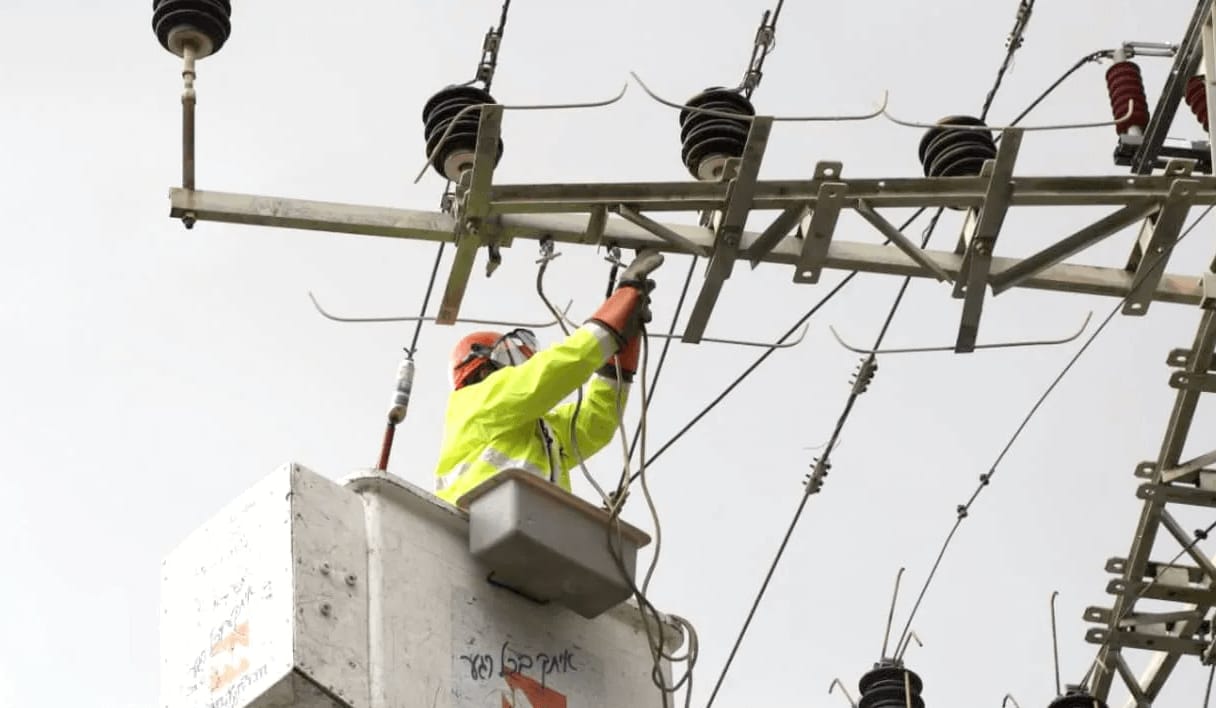- Israfan
- Posts
- Israeli University Introduces Renewable Shabbat-Tech Innovation
Israeli University Introduces Renewable Shabbat-Tech Innovation
Ben-Gurion University researchers develop solar-powered micro-grids to meet Orthodox needs while cutting pollution.

Ben-Gurion University of the Negev (BGU) is leading a pioneering initiative to create Shabbat-friendly electricity solutions using renewable energy storage, potentially transforming energy use for Orthodox Jewish communities.
For observant Jews, electricity on Shabbat presents complex halachic (Jewish legal) challenges. Activities like turning lights on or off, adjusting appliances, or even triggering motion sensors are considered prohibited, as they may involve completing electrical circuits or mimicking fire generation.
While many rely on pre-set timers or specialized “Shabbat-friendly” devices, others opt for costly generators to ensure power during Shabbat. These machines, though effective, create pollution and present safety hazards.
BGU researchers are now developing neighborhood-based micro-grids that store renewable energy, such as solar power, collected during the week. These storage systems would then distribute electricity seamlessly during Shabbat without human intervention, aligning with both religious guidelines and environmental priorities.
“Since this community is tightly connected and guided by religious leadership, we focused on a solution that fits both Israel’s energy goals and their way of life,” said Dr. Tehila Kalaji, the project’s lead researcher.
The team is working in close consultation with rabbinic authorities to ensure the technology adheres to halachic principles, while also providing a safe, clean, and cost-effective alternative to traditional generators.
The micro-grids can be tailored for entire neighborhoods, apartment buildings, or even individual homes. If widely adopted, the project could reduce electricity costs and eliminate the air pollution caused by diesel-powered generators. Beyond Israel, the technology could be applied in Jewish communities worldwide that seek to reconcile tradition with modern infrastructure.
“This is about more than convenience it’s about respecting faith while embracing sustainable technology,” Kalaji added.
The project underscores Israel’s global leadership in combining technological innovation with cultural and religious sensitivity, offering solutions that meet the needs of diverse communities.
Share this story or subscribe to our newsletter for more updates on Israel’s latest innovations blending tradition and modernity.